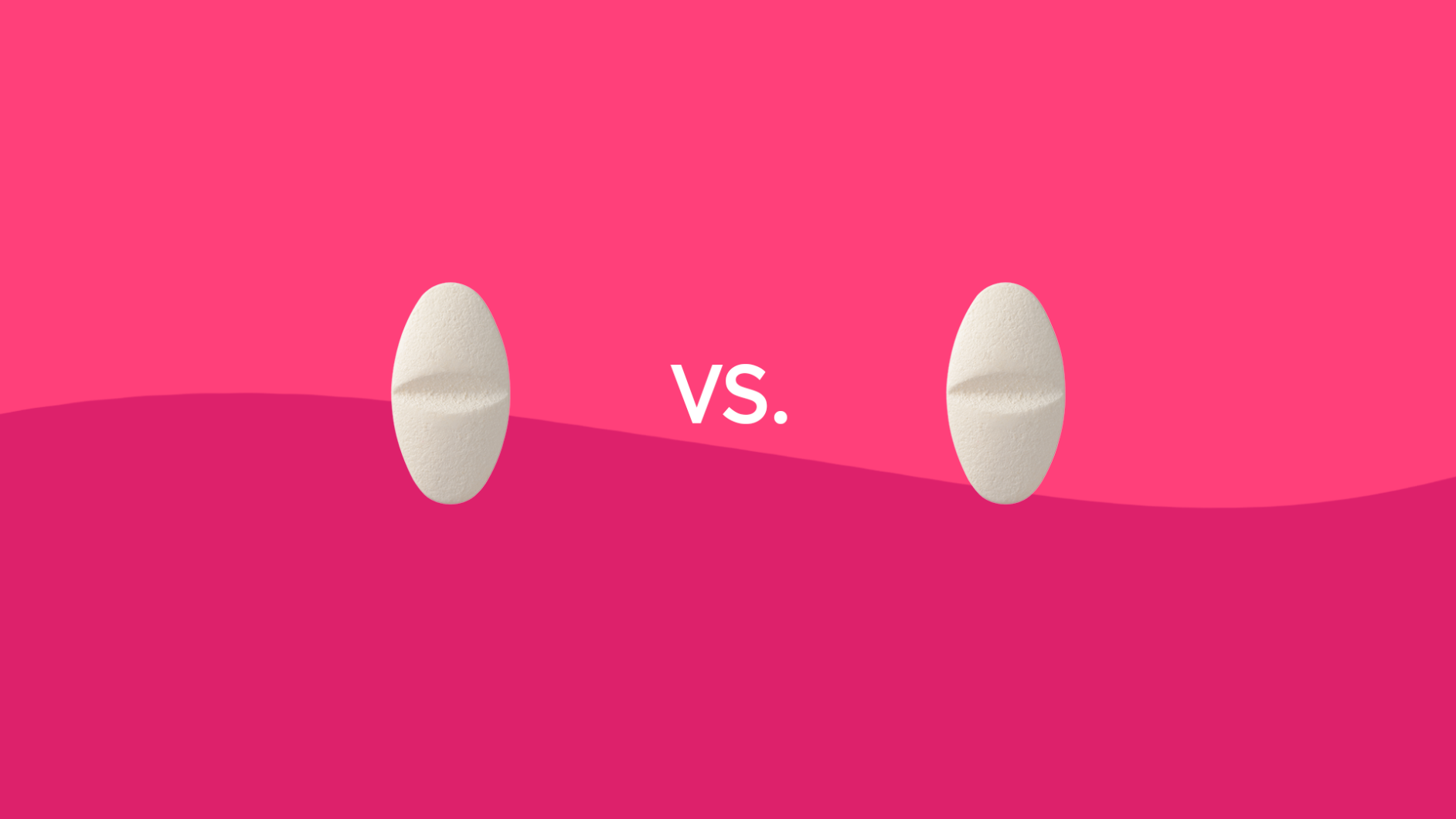Lexapro is a prescription medication used to treat symptoms of depression and anxiety. It is a selective serotonin reuptake inhibitor (SSRI), a type of antidepressant, and is one of the most commonly prescribed medications of its kind. But is Lexapro a benzodiazepine? In this article, we’ll explain what benzodiazepines are and discuss whether or not Lexapro falls under that classification. So if you’re curious to find out whether Lexapro is a benzodiazepine, read on!

What Is Lexapro?
Lexapro (escitalopram) is an antidepressant medication in the SSRI (selective serotonin reuptake inhibitor) class of drugs. Lexapro is used to treat depression and anxiety. It works by increasing the amount of serotonin, a chemical messenger in the brain, which helps to improve mood and reduce feelings of anxiety.
How Does Lexapro Work?
Lexapro works by increasing the amount of serotonin, a chemical messenger in the brain, which helps to improve mood and reduce feelings of anxiety. This is done by blocking the reuptake of serotonin, allowing it to remain in the brain. Additionally, Lexapro can help to improve other symptoms associated with depression such as sleep disturbances, decreased energy, and negative thinking.
Is Lexapro a Benzodiazepine?
No, Lexapro is not a benzodiazepine. Lexapro is an antidepressant medication in the SSRI (selective serotonin reuptake inhibitor) class of drugs. Benzodiazepines are a class of drugs used to treat anxiety and insomnia. They work by affecting the levels of certain brain chemicals, such as gamma-aminobutyric acid (GABA), to reduce anxiety. Benzodiazepines are not used to treat depression.
What Are Benzodiazepines?
Benzodiazepines are a class of drugs used to treat anxiety and insomnia. They work by affecting the levels of certain brain chemicals, such as gamma-aminobutyric acid (GABA), to reduce anxiety. Benzodiazepines are usually prescribed for short-term use, as they can be habit-forming and lead to addiction if used for long periods of time. Commonly prescribed benzodiazepines include Xanax, Valium, and Ativan.
How Do Benzodiazepines Work?
Benzodiazepines work by affecting the levels of certain brain chemicals, such as gamma-aminobutyric acid (GABA), to reduce anxiety. They work by binding to GABA receptors in the brain, which in turn reduces the activity of nerve cells that are involved in the fear and anxiety response. This results in a calming effect, which can help to reduce feelings of anxiety.
What Are The Side Effects of Benzodiazepines?
The most common side effects of benzodiazepines include drowsiness, confusion, and coordination problems. Other side effects can include headaches, dizziness, memory problems, and changes in mood. Benzodiazepines can also be habit-forming and lead to addiction if used for long periods of time.
Conclusion
No, Lexapro is not a benzodiazepine. Lexapro is an antidepressant medication in the SSRI (selective serotonin reuptake inhibitor) class of drugs. Benzodiazepines are a class of drugs used to treat anxiety and insomnia. They work by affecting the levels of certain brain chemicals, such as gamma-aminobutyric acid (GABA), to reduce anxiety. Benzodiazepines are not used to treat depression.
Top 6 Frequently Asked Questions
Question 1: What is Lexapro?
Answer: Lexapro is a brand name of the generic drug escitalopram, which is a type of selective serotonin reuptake inhibitor (SSRI) antidepressant. It is used to treat depression, anxiety, and other mental health conditions. It works by affecting certain chemicals in the brain that can become unbalanced and cause mental health issues.
Question 2: How does Lexapro work?
Answer: Lexapro works by increasing the levels of serotonin in the brain. Serotonin is a neurotransmitter that helps regulate mood, sleep, appetite, and other aspects of behavior. By increasing serotonin levels, Lexapro helps to improve mood and reduce anxiety. Lexapro also works to reduce the reuptake of serotonin, which helps to keep serotonin levels in the brain at an optimal level.
Question 3: Is Lexapro a Benzodiazepine?
Answer: No, Lexapro is not a Benzodiazepine. Lexapro is an SSRI antidepressant and not a Benzodiazepine. Benzodiazepines are a type of sedative-hypnotic drug that works to reduce anxiety and induce relaxation. They work by increasing the effects of the neurotransmitter gamma-aminobutyric acid (GABA). In contrast, Lexapro works by increasing the levels of serotonin in the brain.
Question 4: What are the side effects of Lexapro?
Answer: Common side effects of Lexapro include nausea, insomnia, drowsiness, dry mouth, headache, and diarrhea. Other, more serious side effects include changes in mood and suicidal thoughts. If you experience any of these side effects, you should contact your doctor immediately.
Question 5: Who should not take Lexapro?
Answer: People who have had an allergic reaction to escitalopram or other SSRI antidepressants should not take Lexapro. Additionally, people who have taken MAO inhibitors in the last 14 days should not take Lexapro. It is important to talk to your doctor before taking any medication to make sure it is safe for you.
Question 6: What is the usual dosage for Lexapro?
Answer: The usual dosage for Lexapro is 10-20 mg per day, taken orally. The dosage may be increased or decreased depending on how well you respond to the medication and how severe your symptoms are. It is important to take Lexapro as prescribed by your doctor and to not exceed the recommended dosage.
My Experience With Depression Meds: Lexapro (+ Xanax)
In conclusion, Lexapro is not a benzodiazepine. Lexapro is a selective serotonin reuptake inhibitor (SSRI) antidepressant and is used to treat depression and anxiety. While benzodiazepines can be used to treat anxiety, they are not recommended as a long-term solution and are only used to provide temporary relief. Lexapro is a safe and effective option for managing depression and anxiety, but benzodiazepines should only be used as a short-term solution.

